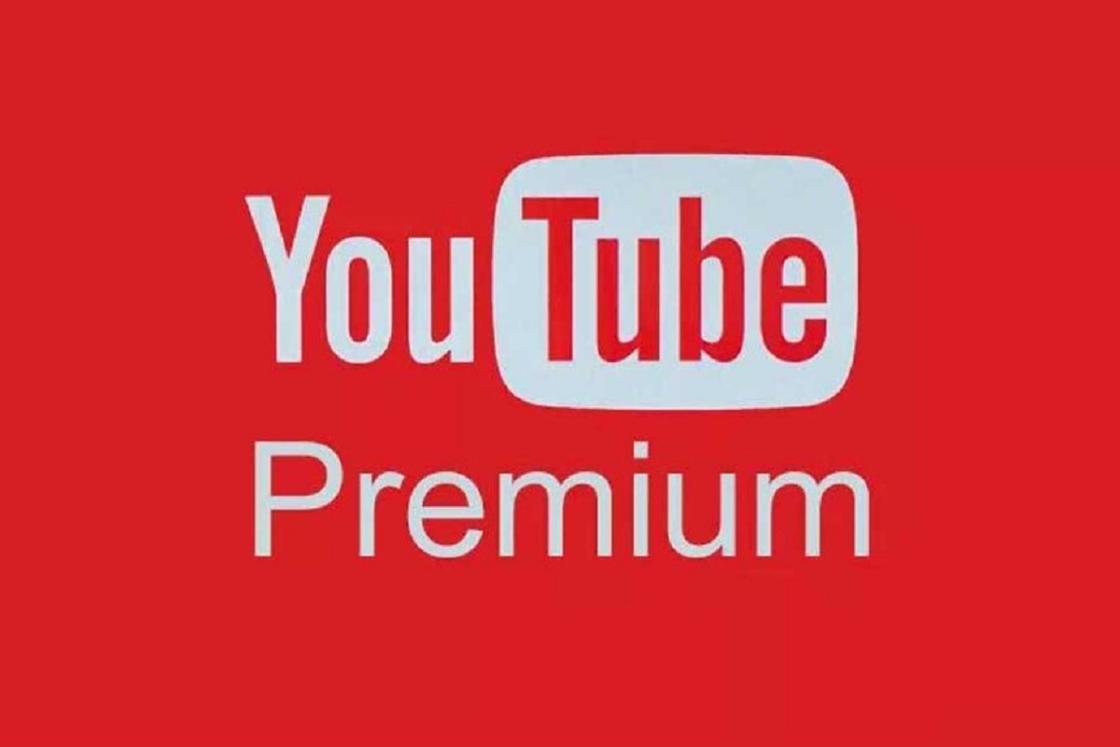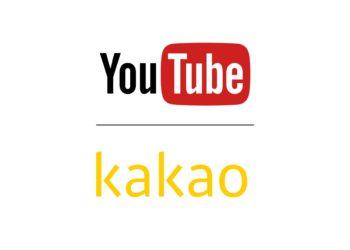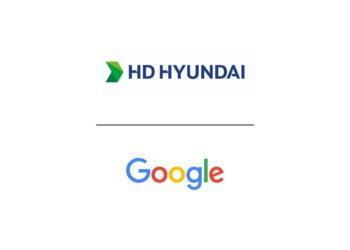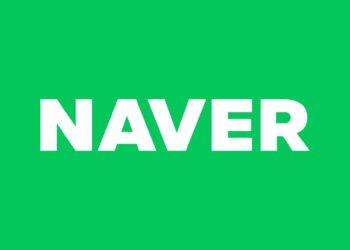The Korea Communications Commission (KCC) on Wednesday imposed a fine of 867 million won ($745,172) on Google for violating Korea’s Telecommunications Business Act. The KCC ordered the company to revise its unfair policies for YouTube Premium, the firm’s paid subscription service.
YouTube offers a one-month free trial for its ad-free subscription service YouTube Premium, which has been operating since 2015. The streaming platform’s service fee in Korea is 8,690 won ($7.5) a month.
Users who subscribe to the YouTube Premium service can enjoy video content without advertisements after paying a monthly subscription fee. Subscribers can also download content to watch offline and play videos in the background while other apps are running on their devices.
KCC determined that YouTube did not correctly inform its subscribers that the free trial subscription will automatically convert to a paid subscription, misleading a large portion of users.
Since January of 2019, the telecommunications regulator said that it has been investigating Google’s streaming service on whether it acquired active consent from users when changing trial users into paying customers.
The regulator explained that from December 2016 to December 2018, more than 45 percent of 2.54 million subscribers, who used the one-month free trial subscription of YouTube Premium, were converted automatically to paid subscribers, and approximately 98,000 users demanded a refund.
KCC confirmed that Google’s violation of the law affected a huge percentage of users.
KCC further explained that it imposed a 435 million won ($373,175) fine on Google as the company prohibited its subscribers to cancel their subscription by not giving proper notification. The company also did not refund users for the period not used.
The commission also issued a 432 million won ($370,465) fine for not appropriately informing subscribers of the monthly fee, the terms and conditions, and the cooling-off period.
KCC said YouTube informed its subscribers three days before the expiry of the free-trial service via email, but the service provider did not specify the amount of payment the users would need to pay.
The country’s over-the-top (OTT) content market has been increasingly taken over by foreign streaming service providers attracting the government’s scrutiny.
The Fair Trade Commission (FTC), on January 15, ordered Netflix, the world’s leading video streaming service provider, to amend its biased terms and conditions.







